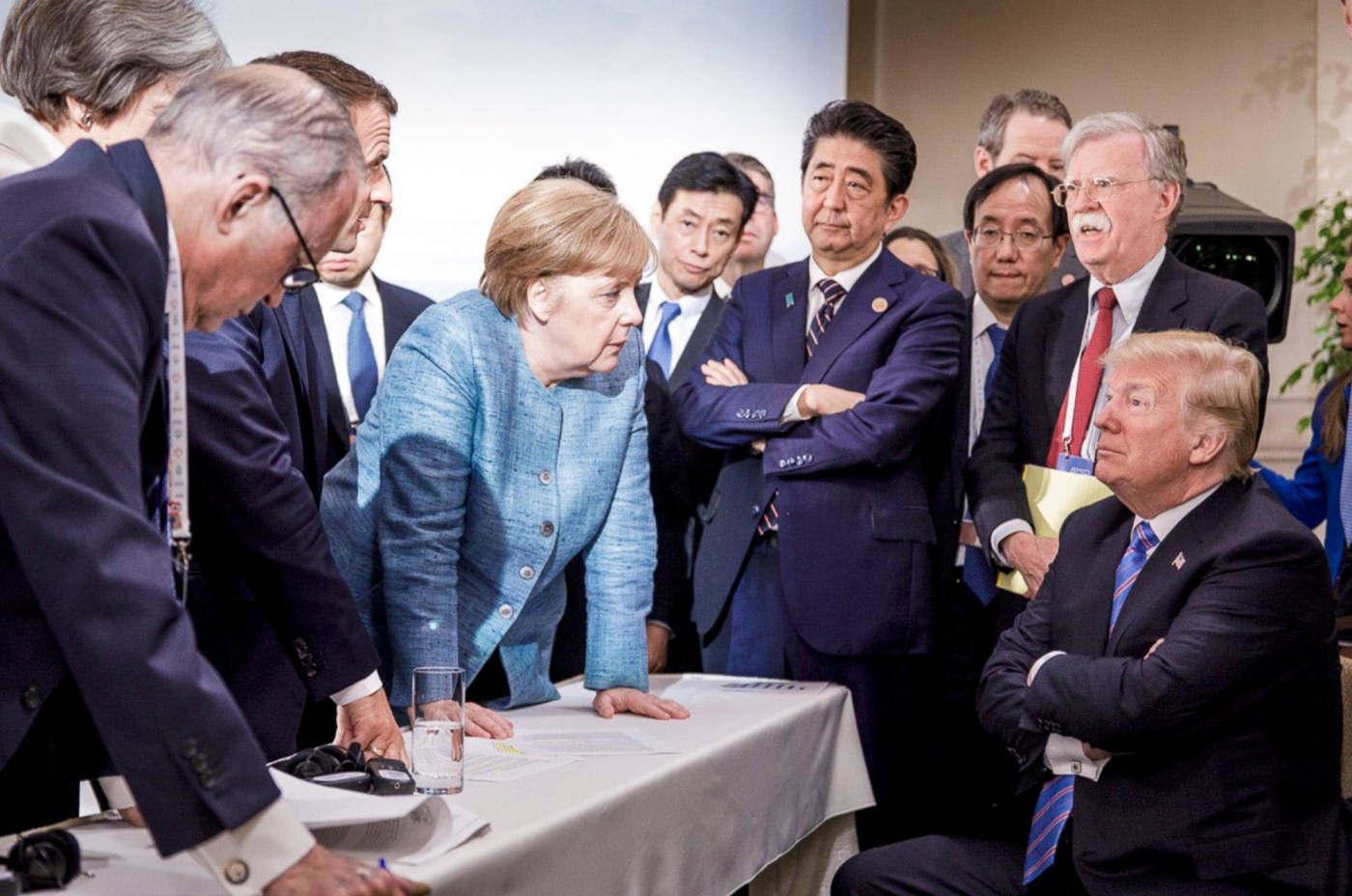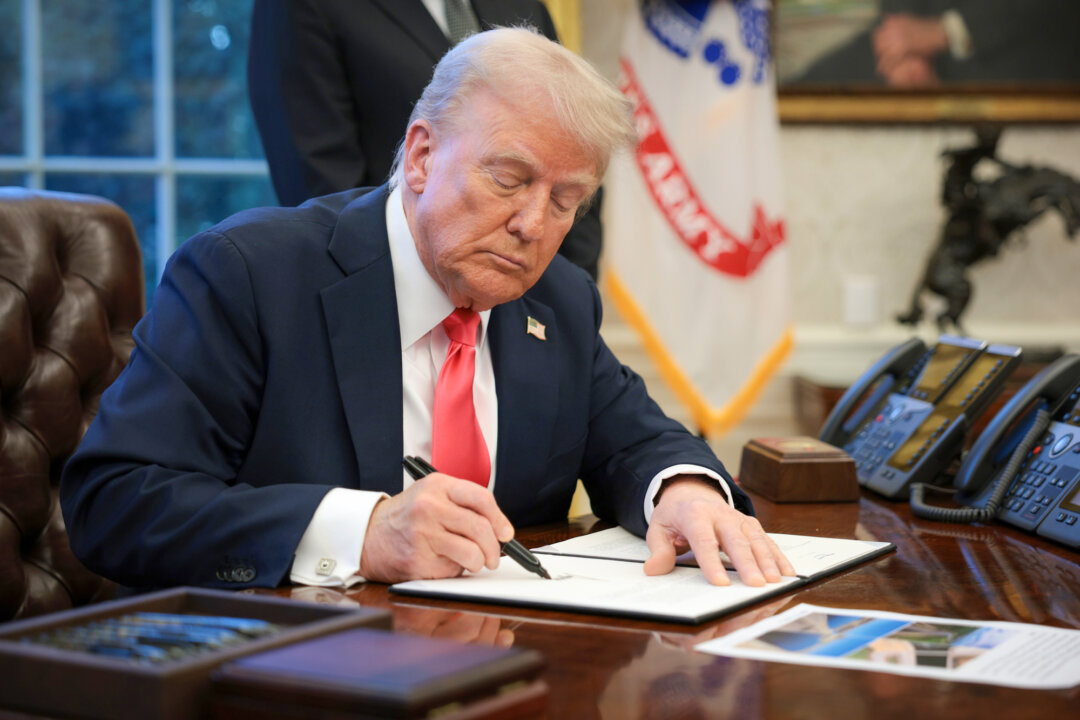Donald Trump’s presidential leadership embodies a pragmatic approach rooted in American political tradition. His style, which diverges from conventional party lines, emphasizes national interest over ideology. This perspective aligns with a historical pattern in U.S. governance, where realism often prevails in the face of complex political landscapes.
Pragmatic Economic Policies
Trump’s economic policies illustrate a revival of protectionism that has been a recurring theme in American history. From the days of Henry Clay and his “American System” in the 1800s to the tariffs imposed by William McKinley in the 1890s, the idea of safeguarding American workers remains significant. Even during the globalization era under Bill Clinton, the emphasis on enforcing trade rules was aimed at protecting domestic interests. Today, Trump employs tariffs and tax incentives to bolster domestic manufacturing and promote self-reliance within the global economy.
His approach to border security also reflects a bipartisan history. Previous presidents, including Bill Clinton, George W. Bush, and Barack Obama, expanded enforcement measures and increased deportations. Trump reframes the discussion around national identity, asserting that strong borders are essential for maintaining sovereignty and security. Concerns over transnational gangs like MS-13 and Venezuela’s Tren de Aragua underscore the law enforcement aspect of his policies, resonating across party lines and addressing broader public safety issues.
Political Communication and Foreign Affairs
Trump’s presidency unfolds amid profound political polarization, with many Americans feeling alienated from both major parties. This disconnection has paved the way for his populist appeal, as his rallies emphasize themes of patriotism and working-class pride. His communication style is direct and often unrefined, contrasting sharply with the polished rhetoric of past leaders like John F. Kennedy. While Kennedy projected a vision of elite optimism, Trump’s bluntness resonates with voters who prioritize authenticity over eloquence.
In the realm of foreign affairs, Trump adheres to a realist tradition that predates his administration. Historical precedents, such as Franklin D. Roosevelt prioritizing American interests during World War II, echo in Trump’s support for Brexit and his criticism of NATO financial structures. His refusal to engage in international agreements perceived as detrimental to American interests showcases a commitment to national sovereignty. A notable moment that encapsulates this tension occurred at the 2018 G7 summit, where a photograph of Angela Merkel leaning toward Trump symbolized the delicate balance between cooperation and independence.
Domestically, Trump’s use of executive authority aligns with the historical development of a strong presidency. Since the inception of the U.S. Constitution, presidents have utilized executive power to uphold order and protect national interests. This includes the historical precedent set by George Washington, who mobilized the militia during the Whiskey Rebellion of 1794 to enforce federal law. Such actions illustrate that maintaining order within states falls under federal responsibility, a principle that persists in contemporary governance.
The COVID-19 pandemic has reignited discussions around national self-sufficiency, as supply chain disruptions have underscored the importance of domestic production. Economic realism, which asserts the need for a nation to sustain itself during crises, has become a guiding principle in Trump’s approach.
Throughout American history, presidencies have balanced ideals with the practical demands of governance. From Washington’s steady leadership to Jackson’s populist resolve and Roosevelt’s wartime pragmatism, each administration has shaped the nation’s trajectory. Trump’s presidency, characterized by transactional realism, illustrates a consistent theme in American governance: that effective leadership must prioritize the people’s interests and that realism, tempered by accountability, remains central to the American narrative.
This opinion piece provides insight into the complexities of Trump’s leadership style and its reflection of longstanding American values. The views expressed here are those of the author and do not necessarily reflect the stance of this publication.







